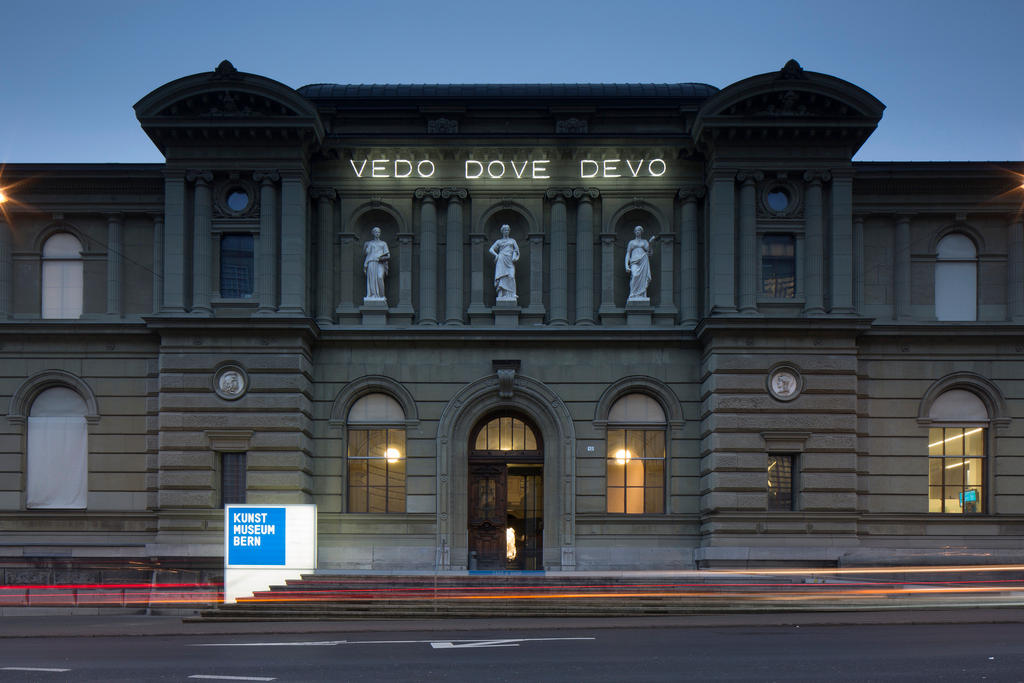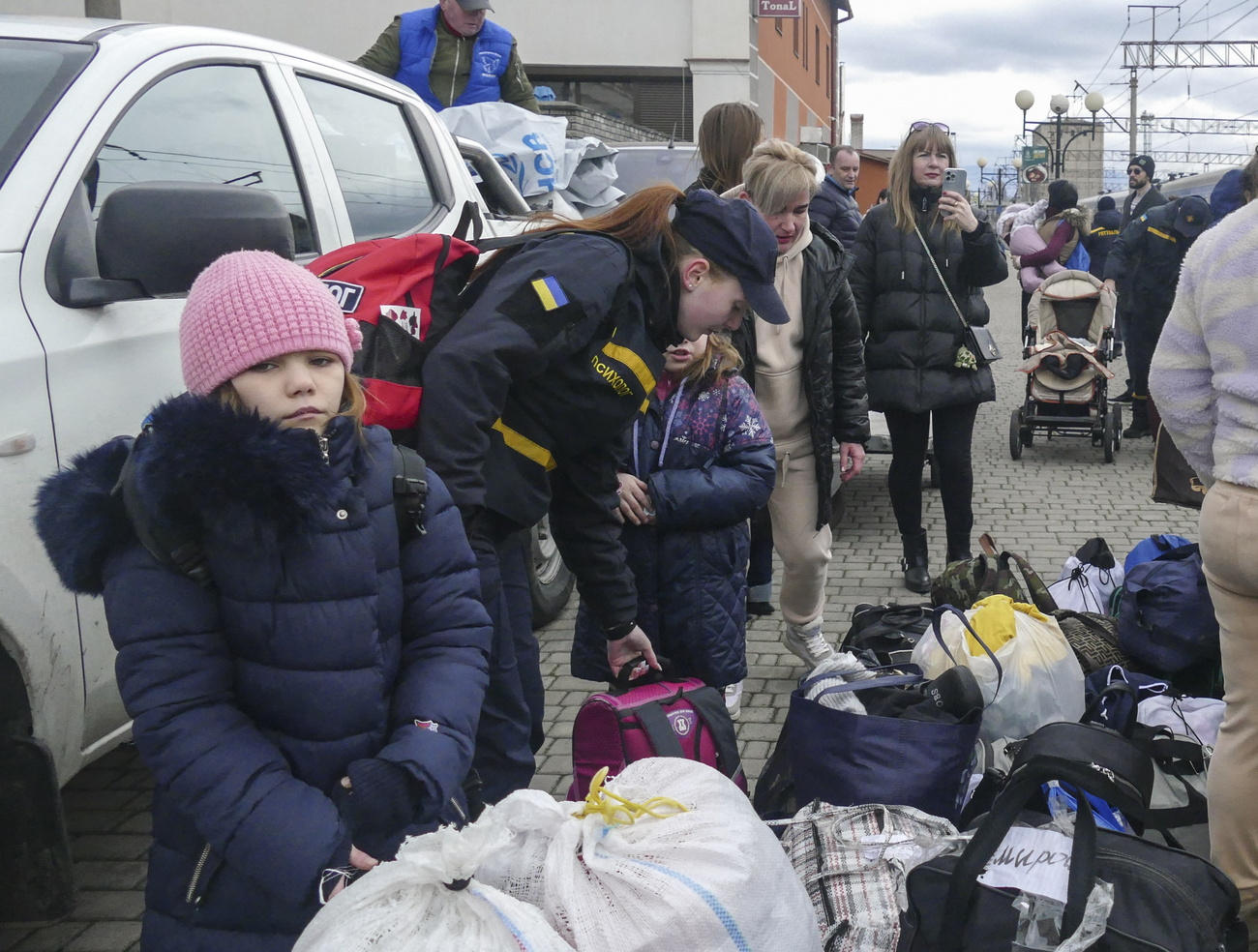
Public to get first view of controversial Gurlitt art collection

Switzerland and Germany will jointly exhibit a former Nazi art collection for the first time since it was controversially bequeathed to a Bern museum. The exhibitions will tell the story of how the works were labelled ‘degenerate’ and stolen by the Nazis.
Cornelius Gurlitt, son of one of Hitler’s art dealers, bequeathed the collection of more than 1,500 paintings, woodcuts and posters to the Bern Museum of Fine Arts when he died in 2014. The bequest was finally approved in December after a legal battle in Germany.
The artworks will go on display in Bern and at the Art and Exhibition Hall in Bonn between November this year and March 2018, under the title ‘Dossier Gurlitt’. The focus of the Bern display will be ‘“Degenerated Art” – confiscated and sold’, while the Bonn exhibition will look at ‘Nazi Art Theft and its Consequences’.
“The exhibition in Bonn addresses the fates of the persecuted artists, art collectors, and art dealers, juxtaposing their histories with the biographies of the Nazi perpetrators,” the museums said in a joint press release.
The Bonn exhibition will also be shown at the Martin Gropius Building in Berlin and the Bern Museum of Fine Arts next year.
The Gurlitt collection, containing works of Matisse, Picasso, Renoir and Monet, has attracted much attention since it first came to light in 2012. Authorities suspected the Nazis stole many of the works from Holocaust victims.
Gurlitt’s decision to leave his collection with the Bern Museum of Fine Arts also drew controversy when his cousin contested the will, claiming he was not of sound mind when he drew it up. That case ended in December with a German court dismissing the cousin’s case.
Following the years of controversy, the public will eventually be able to view the art works from November 2 in Bern and November 3 in Bonn.
Timeline
September 22, 2010: German custom officers carry out a routine search of passengers on a train from Switzerland and find 77-year-old Cornelius Gurlitt with €9,000 (CHF10,800) in cash (below the €10,000 reporting limit). Suspicions are raised of tax evasion.
February 28, 2012: The authorities enter Gurlitt’s flat in Munich and discover up to 1,400 works of art, many thought to have been lost in the war. The discovery is kept secret, while an expert gets to work on the art’s provenance.
November 3, 2013: German magazine Focus reports the story, which gets headlines around the world.
January 28, 2014: A task force reveals suspicions that 458 works were looted.
February 10, 2014: More than 60 valuable paintings, including works by Picasso, Renoir and Monet, are found in Gurlitt’s house in Salzburg. It later turns out the Austrian property contained 238 works in total.
April 7, 2014: Gurlitt’s lawyers reach an agreement with the German government, whereby Gurlitt would voluntarily return looted artwork to the heirs or previous owners.
May 6, 2014: Gurlitt dies aged 81 in his Munich flat, having not seen his paintings since they were confiscated two years previously.
May 7, 2014: Gurlitt’s will names the Bern Museum of Fine Arts as the sole heir of the collection. The museum says it will take a decision on accepting the collection by the end of the year.
November 21, 2014: Uta Werner, Cornelius Gurlitt’s cousin, contests the will, saying Cornelius was delusional when he wrote it. If successful, she would be entitled to half his legacy. The other half would go to her brother (who did not challenge the will and wanted Bern to keep it).
November 24, 2014: The board of the Bern Museum of Fine Arts said it would accept the collection.
December 15, 2016: Uta Werner loses case.

In compliance with the JTI standards
More: SWI swissinfo.ch certified by the Journalism Trust Initiative



























You can find an overview of ongoing debates with our journalists here . Please join us!
If you want to start a conversation about a topic raised in this article or want to report factual errors, email us at english@swissinfo.ch.